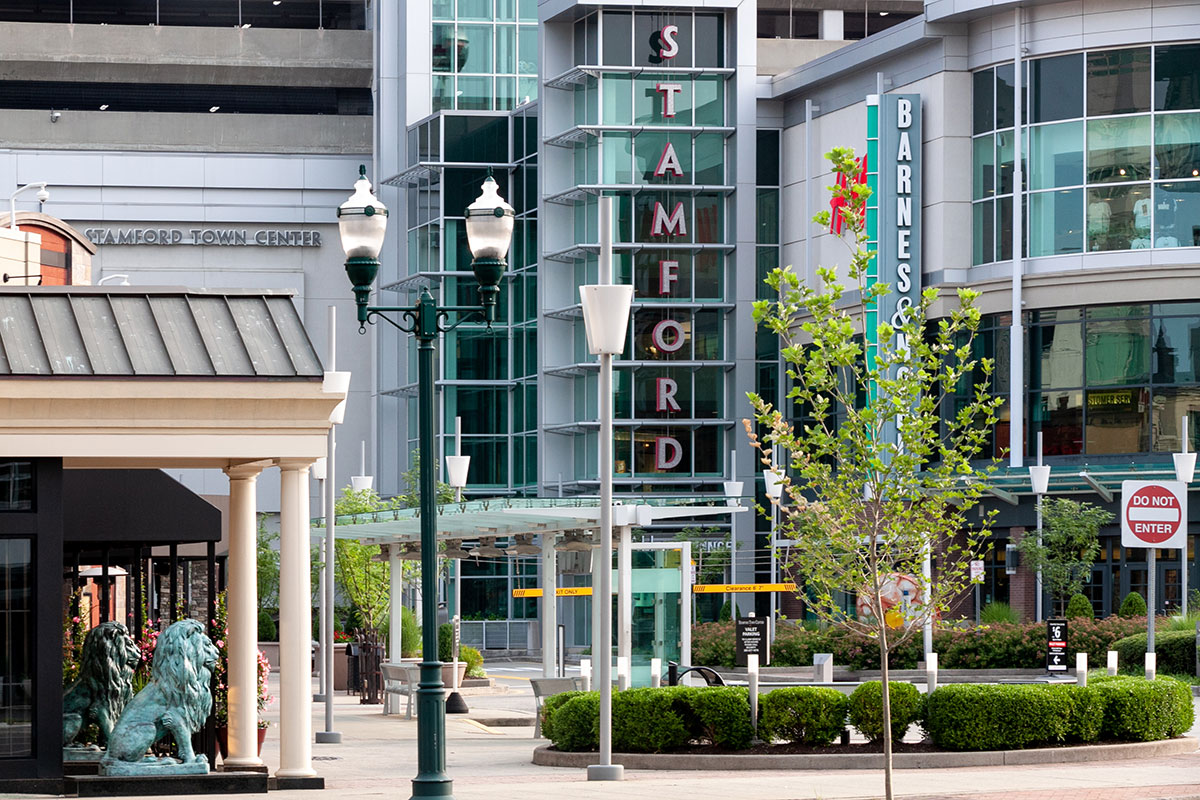Negotiating a good lease can save you money. Learn where landlords are willing to make concessions.
When you get serious about an available business space, chances are you’ll be presented with a typed or printed commercial lease prepared by the landlord or the landlord’s lawyer. As you read the lease, keep these points in mind:
- Rule 1: Understand that the terms almost always favor the landlord.
- Rule 2: Know that with a little effort you can almost always negotiate significant improvements to the terms.
In theory, all terms of a lease are negotiable. But your negotiating power depends on whether your local rental market is hot or cold. If plenty of commercial space is available, you can probably win many landlord concessions. If your area’s rental market is tight or you are chasing a unique space, you’ll have considerably less leverage.
Length of the Lease
One area of the lease you should always focus on is its length — also called its “term.” A short-term lease is almost always to your benefit. Shorter leases give you more flexibility if the needs of your business change — for example, you want more space or decide that a different location would be better. There is a trade-off here, of course. A long-term lease ensures that you’ll have an affordable business space for a predictable period of time. And landlords are often willing to make more concessions on longer-term leases.
If your business isn’t particularly location-sensitive (a mail-order business or software testing lab, for example) and plenty of commercial space is available in your area, then a short-term lease makes sense. Even if the landlord doesn’t renew your lease, finding comparable space won’t be a problem.
On the other hand, if you have found an especially favorable location for a retail shop, restaurant or other business where location is key, deciding on the best lease term is more problematic. If your business does well, you’ll want the right to stay on for an extended period. On the other hand, you’ll probably be nervous about signing a four-year lease in case your business goes kaput.
A good solution is to bargain for a short initial lease with one or more options to renew — perhaps a one- or two-year lease with an option to renew for two or three more years. Typically, an option to renew gives you the right to exercise your option to stay by notifying your landlord in writing a certain number of days or months before the initial lease period expires.
If you ask for an option, expect the landlord to want a higher rent for the renewal period. If the property is particularly desirable, the owner may also want an extra fee in exchange for giving you the option of staying or leaving after your initial term is up. This is a common arrangement, and if the space is important to the success of your business, seriously consider paying it.
Rent and Rent Increases
Another primary issue to consider when leasing space is how much rent you’ll pay. It’s sensible to check out rates for comparable spaces. If the rent seems unjustifiably high, try asking for a reduction. Many landlords, however, usually won’t consider lowering the rent (except in poor economic times or areas), but you may be able to get a few months of reduced rent to compensate for moving costs.
Landlords will usually include an annual increase to your rent in your lease terms. If the landlord insists on keeping the clause, try to get a cap on the amount of each year’s increase, and try to exclude a rent increase for the first year.
When you’re shopping around, look carefully at whether the landlord will pay utilities, repairs, taxes and insurance. With a “gross lease,” your rent includes these costs. By contrast, with a ” net lease” you pay for them separately — potentially a large sum. In fact, the best approach may be to offer to pay a higher amount for rent in exchange for eliminating these extras.
Tenant Improvements
If you’ll need lots of improvements to the space, you may want to use the lion’s share of your bargaining power to have the landlord provide them at no cost to you. If you’re willing to sign a long-term lease, the landlord will be more willing to pay for improvements to the property.
Subleases and Assignments
Ask for the right to sublease or assign your space. That way, if you need to move out, you’ll be able to have another tenant take your space and pay the rent, without having to break the lease. Or, if you rent enough space to grow into, you can sublease some of the space until you’re ready to use it.










